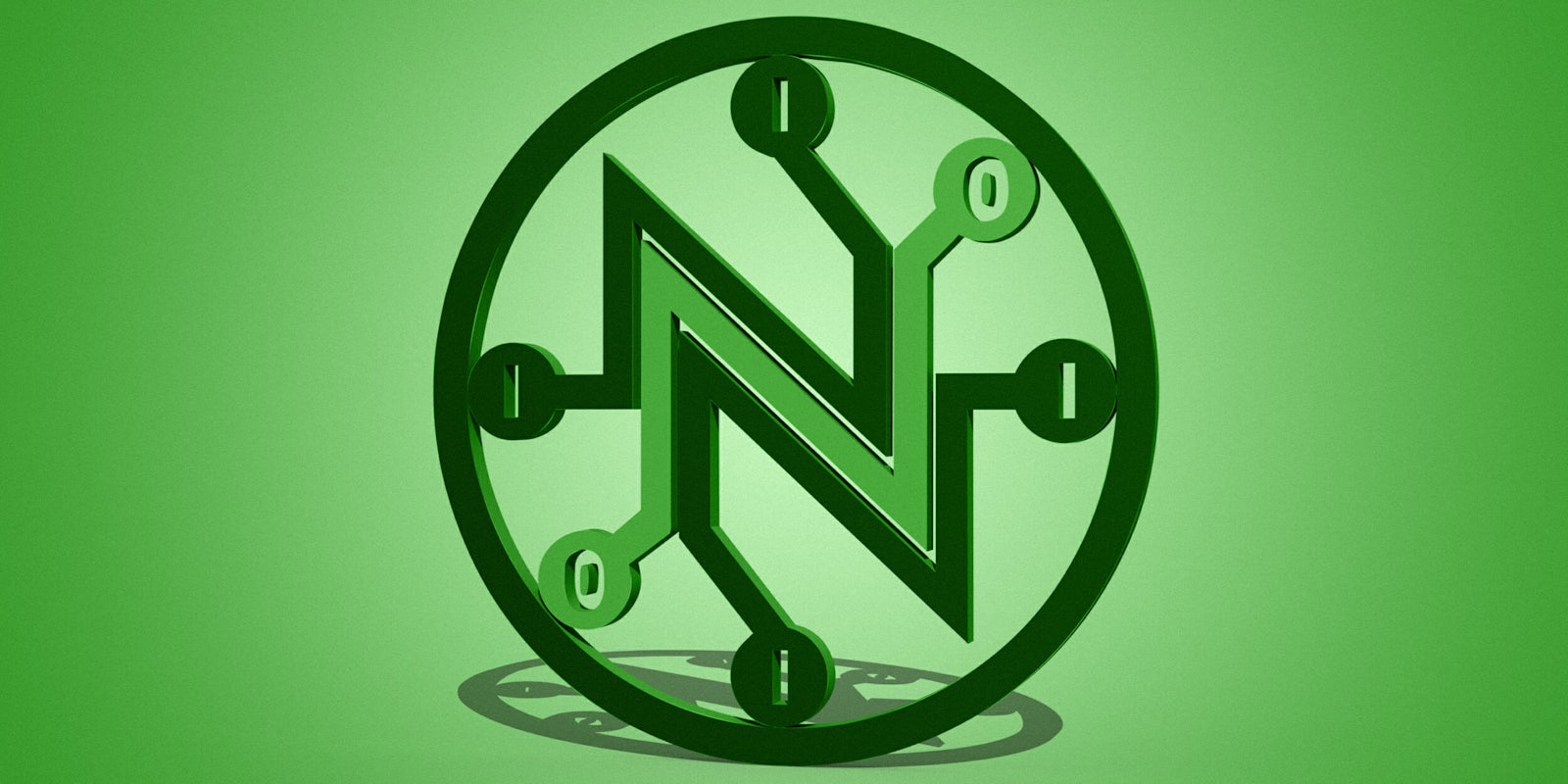What is net neutrality? It’s a term that’s been plastered all over the internet lately in the lead up to the Federal Communications Commission’s expected vote on Dec. 14, which, critics claim, may change the future of the internet as we know it.
The average internet consumer has come to expect that when they connect to the web, they can freely visit any website and access information without any interference. Underlying that freedom, often taken for granted, is the concept of net neutrality. Here’s everything you need to know about it and why it’s so important.
What is net neutrality?
Net neutrality is a principle upholding that all content on the internet should be treated equally by internet service providers (ISPs). It empowers consumers by giving them absolute control over what websites and content they want to see and how they communicate online.
Your ISP, under net neutrality rules, is not allowed to discriminate as to how you use the data you pay them for. The ISP is required to provide its customers with an open network and cannot block or slow down “lawful” applications or content that travel through that network. Hulu and YouTube are treated the same as Netflix, for example. Liberal news sources are as accessible as conservative news sources.
Sure, your data allowance and connection speed might vary, based on tiered packages that your ISP offers, but under net neutrality, all content and services you consume are given equal access to your bandwidth. Internet users are empowered to use the internet and access all web services freely.
Where did the idea come from?
The term was coined by Law Professor Tim Wu of Columbia University in an academic article from 2003 that looked at broadband discrimination practiced by broadband operators. In that paper, entitled “Network Neutrality, Broadband Discrimination,” Wu examined how the internet worked and proposed legislation in support of neutrality across applications.
READ MORE:
- Title II is the key to net neutrality—so what is it?
- These 5 people will determine the future of the internet
- We fact-checked FCC Chair Ajit Pai’s net neutrality ‘facts’—and they’re almost all bulls**t
Why does net neutrality matter?
In a world without net neutrality, ISPs would be allowed to determine pricing contracts with consumers based on the type of content accessed rather than the utility access itself. This means that an ISP might choose to privilege affiliated content providers, charging extra for access to competing services or outright blocking websites it doesn’t want its customers to have access to.
An ISP with an ownership stake or in partnership with a particular media or content provider might choose to preferentially speed up internet speeds and access to that content provider while slowing down load times and access to a competing provider unless they cough up an additional fee.
Critics of this approach argue that small businesses, who are unable to pay additional fees to promote their content online, may not be able to compete and are unfairly disadvantaged. This, in turn, might stifle the kind of innovation that allowed college students and young entrepreneurs to launch Silicon Valley companies like Facebook and Amazon. How can a small startup company find an audience or customer base online if it cannot afford to pay off the broadband giants first?
Why is net neutrality an issue now?
In 2015, the Federal Communications Commission (FCC), under the recommendation of former President Barack Obama, reclassified broadband internet as a telecommunications service under Title II of the Communications Act to preserve net neutrality. This means that rather than information services, able to discriminate on the kind of information they deliver, ISPs became utility carriers.
This was significant as it allowed the FCC to enforce three primary regulations on ISPs:
- Broadband providers are prohibited from blocking access to legal content, services, and apps
- ISPs are not allowed to impair or throttle lawful web traffic based on its content or the service providing it
- Broadband providers are not allowed to offer paid prioritization or fast lanes that favors some forms of internet traffic over others in exchange for compensation
In 2017, President Donald Trump made Republican Ajit Pai chairman of the FCC. Pai, who has sat on the FCC since 2012, hopes to undo the Obama-era changes and reclassify broadband providers, once again, as Title I “information services.” This would release broadband corporations from FCC regulatory control and push them under the control of the Federal Trade Commission, which does not have the same protections in place for net neutrality and has limits in its powers monitor ISP activity.
The vote, which could signal the beginning of the end of the open internet as we know it, is set for Dec. 14.


